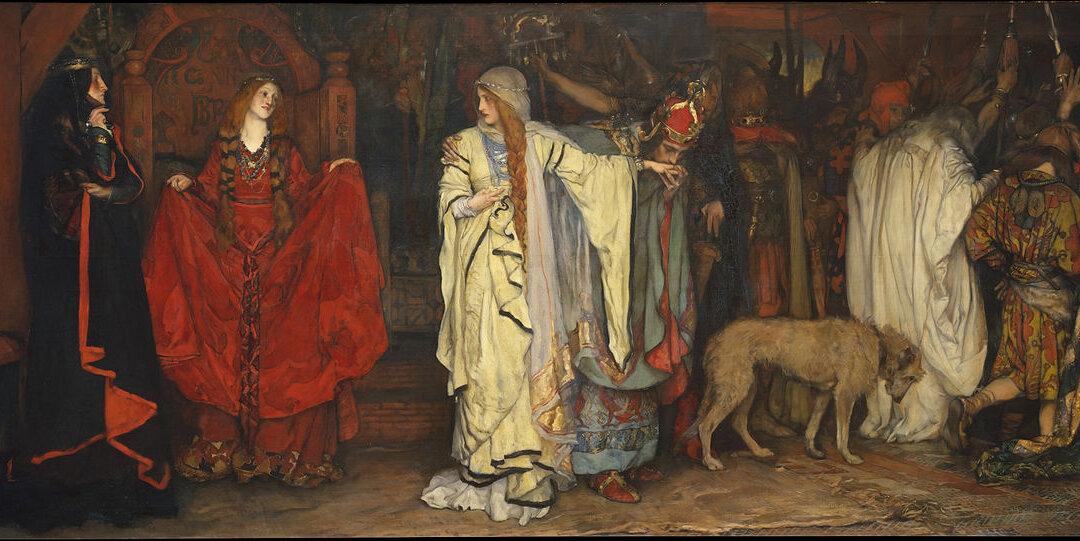The entire plot of “King Lear” hinges on the relationship between parents and children. Thematically, that relationship forms both the deepest tragedy and the deepest hope in the play. “Lear” is a bleak drama—among Shakespeare’s bleakest—yet even so, instances of quiet, faithful love emerge in the play, like distant pricks of starlight not quite blotted out by stormy clouds.
A Loyal Daughter
At the beginning of the work, old King Lear, looking to lay aside the heavy burden of the crown, “to shake all cares and business” from his old age, plans to divide his kingdom among his three daughters. But each daughter’s share of the kingdom will depend on how profusely she proclaims her love for him. The more love she shows, the greater her inheritance.Lear’s two older daughters, Goneril and Regan, gush over their father, wildly and exaggeratedly protesting their love. They claim that he is dearer to them than eyesight, freedom, health, beauty, honor, and life itself. But their tongues are venom, and their eyes are sharp with greed.






